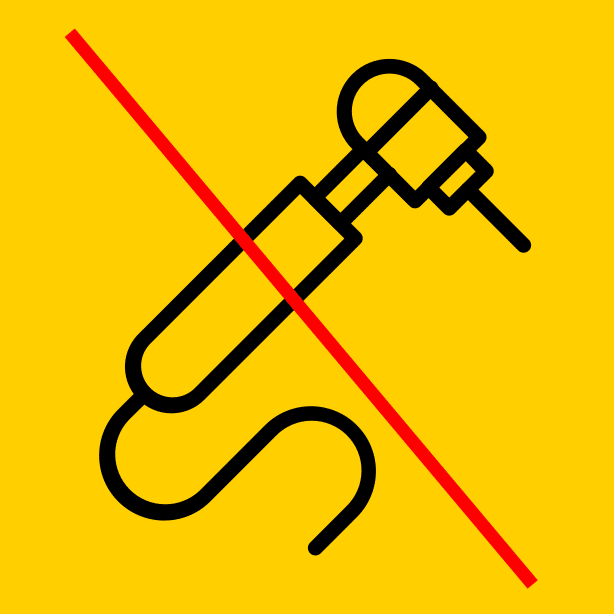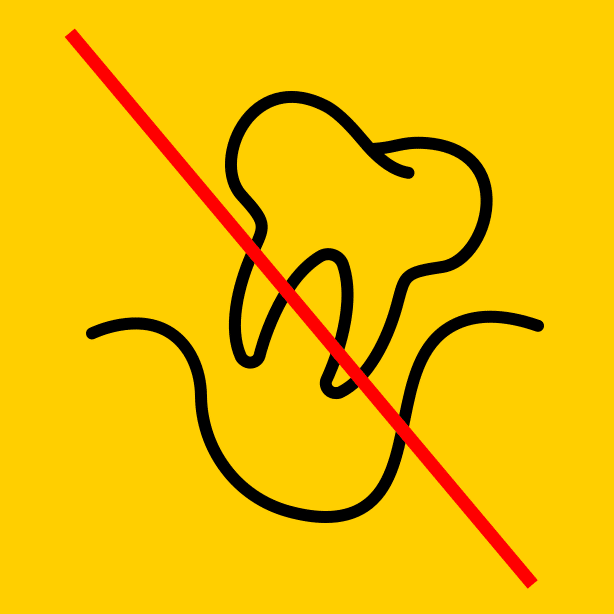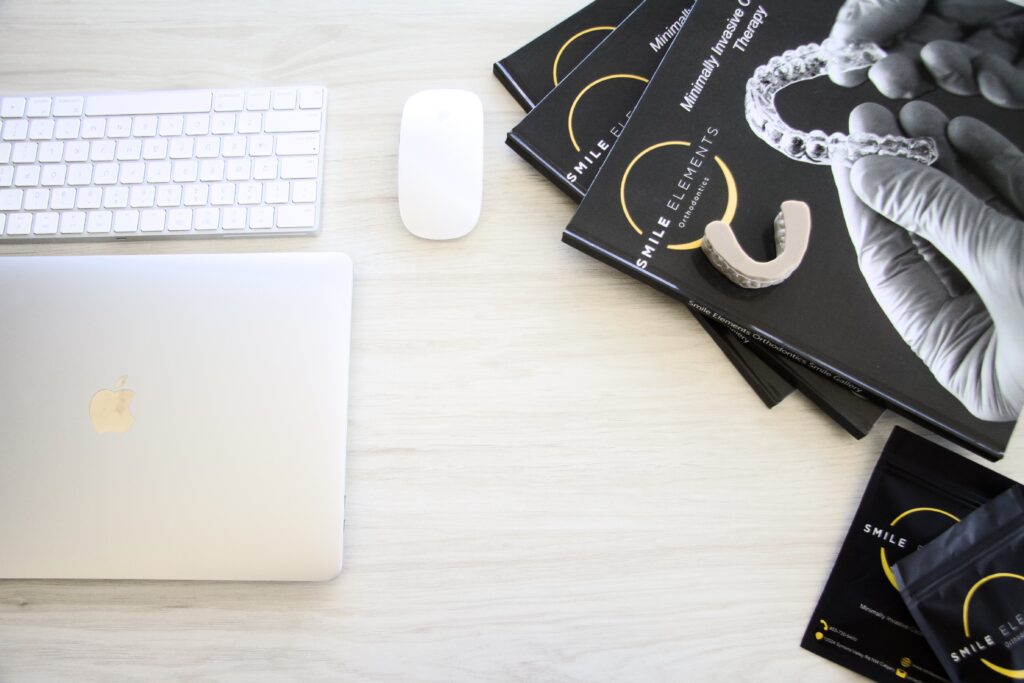
Dr. Badawi will ensure that your visit is as comfortable as possible. This means no direct drilling or filing will take place during your visits, unlike other aligner providers.

Our team ensures that during our treatment you will not need to visit the Oral Surgeon to have teeth removed. We are able to work with our patients as is!

There will be no attachments that are glued to your teeth, meaning that when you take your aligners off, it will not be obvious that you are being treated by Dr. Badawi
Begin Your Journey to a Perfect Smile With Smile Elements!
Using our state of the art lab to fabricate revolutionary minimally invasive aligners we can help anyone discover their perfect smile.
We offer 0% interest financing, flexible appointments and flexible treatment plans to assist you on this journey!
We correct orthodontic cases with minimally invasive clear aligners. These custom-made, nearly invisible aligners straighten teeth and correct bites. They are removable for eating and brushing, allowing for dietary flexibility. At Smile Elements, we use a 3D digital scanner, eliminating the need for messy molds.

Smile Elements Orthodontics
#250, 15 Royal Vista Place NW,
Calgary, AB T3R 0P3
Call Us At:
(403) 730-6400
Email:
[email protected]
Hours of Operation
| Monday: | 8 AM – 3 PM |
| Tuesday: | 9:30 AM – 5 PM |
| Wednesday: | 9:30 AM – 5 PM |
| Thursday: | 7:30 AM – 3:30 PM |
| Friday: | 7:30 AM – 3:30 PM |
| Saturday: | CLOSED |
| Sunday: | CLOSED |
*Holiday hours may differ